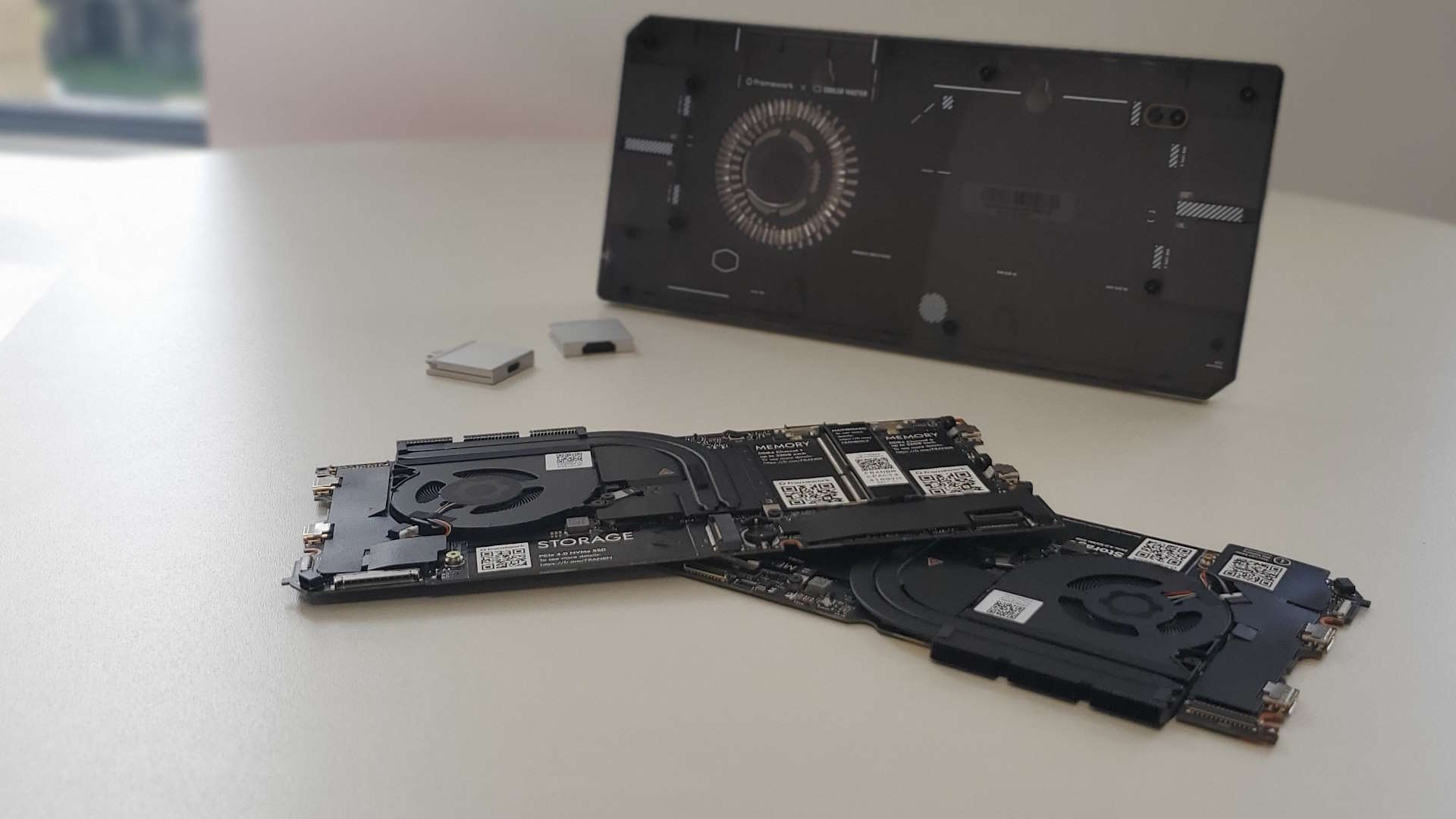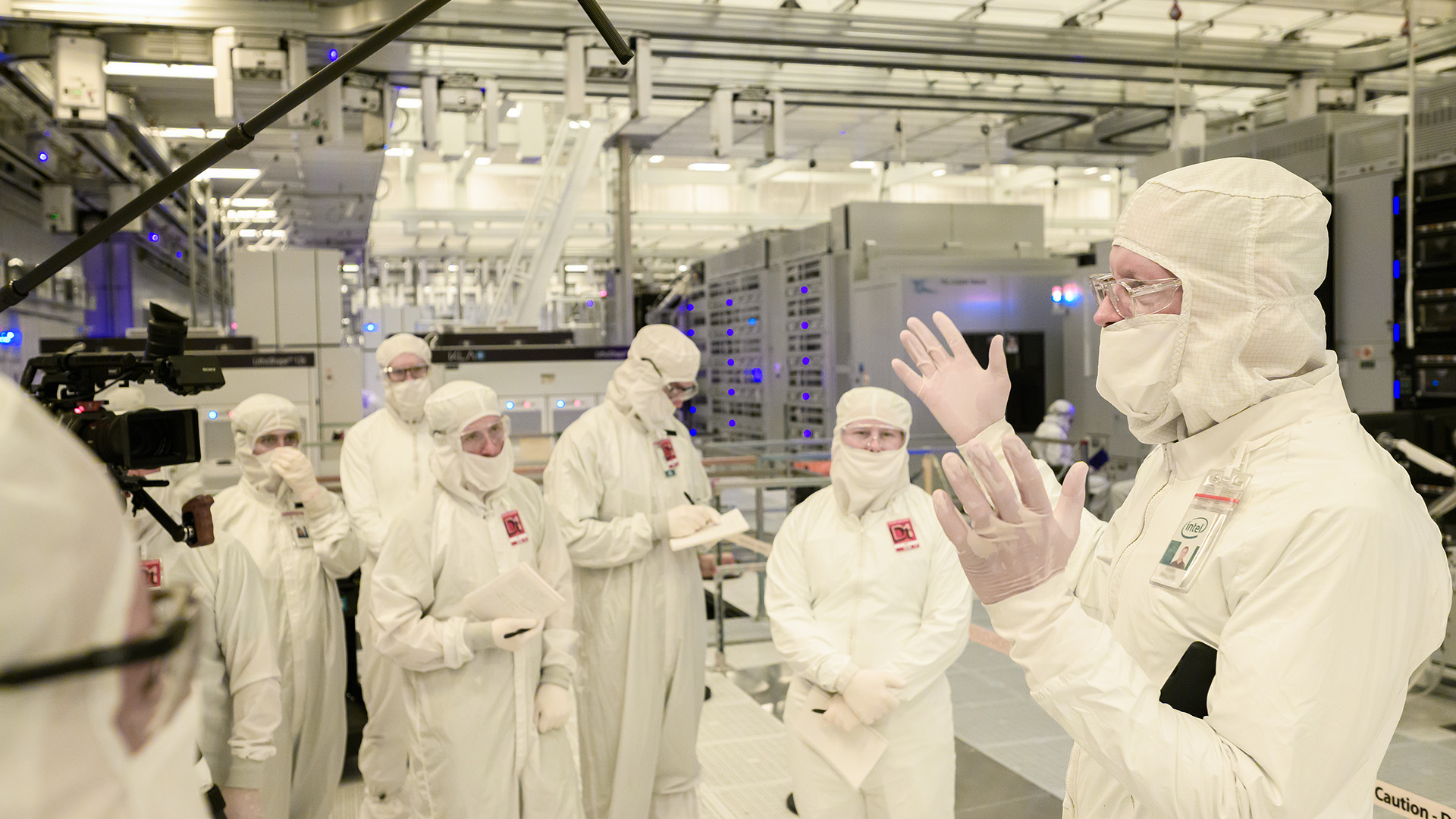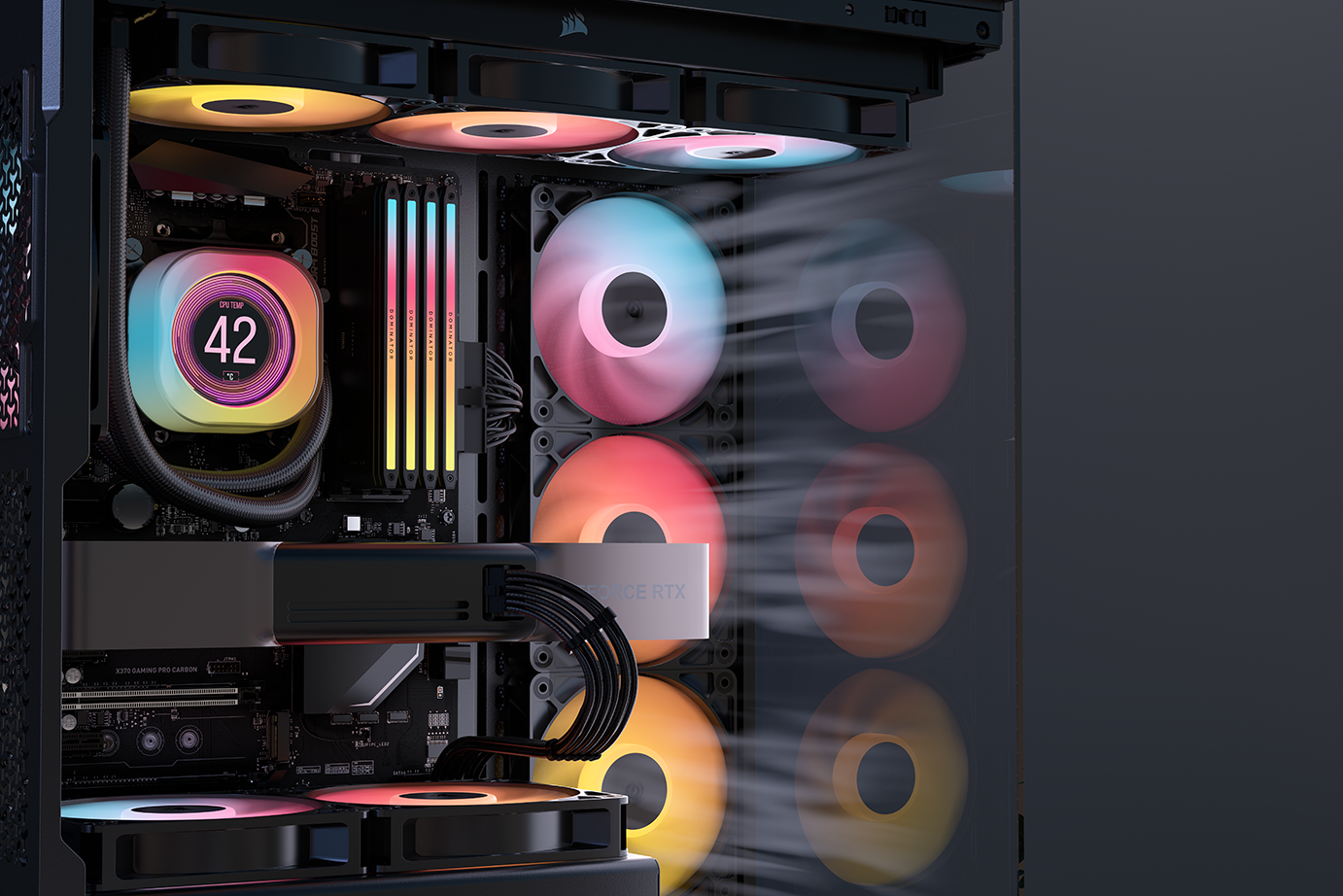
The perfect base for any weird and/or wonderful custom PC build.
In the tech manufacturing equivalent of digging around down the back of an old sofa, Framework has unearthed a bunch of completely functional old laptop mainboards while shutting down its original Framework 13 factory. It’s checked them out, updated the firmware, and is now selling them for a fraction of the original price, with an i5 board costing just $199.
That’s a hell of a price for the basis of your own tiny custom PC. Offering older hardware for a discount is one of the ways Framework is able to offer more of a value proposition compared to the expense of its full current-gen systems. And it’s also a great way to reduce waste and ensure they get used and not just dumped into landfill.
This commitment to re-use is one of the reasons I’m so into what Framework is doing in the laptop space, and also why I’m so excited by the prospect of the Framework 16—the first truly modular gaming laptop.
But this price is unprecedented and is less than half the original cost of the Core i5 1135G7 mainboard when it first launched. Add some storage, some memory, and a handful of expansion cards, and you’ve got a totally functional mini-PC with some genuine performance.
Granted, it’s not gaming performance, for that you’d really need one of the upcoming AMD Ryzen 7 7840U mainboards, but the old Tiger Lake boards will still make for an excellent PC for pretty much everything else you want to do.
Framework even sells a Cooler Master case that lets you use the laptop mainboards as a mini PC for just $39, or you could piece together all the parts to make your very own Framework 13 from the Marketplace. Though, given Framework is selling refurbed, complete 13-inch Core i5 machines—but without storage and memory—for just $599 right now, it doesn’t make sense to use this as a way to build a laptop. But it’s a great way to start building your own weird PC projects.
(Image credit: Future)
(Image credit: Future)
(Image credit: Future)
Best gaming PC: The top pre-built machines.
Best gaming laptop: Great devices for mobile gaming.
It was highlighted in a Framework blog post (via Liliputing) ostensibly about it working on a full-size SD card expansion module (currently it only offers microSD). In there it also noted unearthing “a substantial number of finished and partially finished” mainboards when it was closing out the Compal factory in China it used for the subassembly of the first systems.
It then took those boards to its Taiwan factory, processed them and updated the firmware, and is now shipping them out at a hefty discount in order “to get them out into the world faster and ensure they don’t go into waste.”




